Rodent Control in Bellingham Washington
Rodents in Bellingham Washington
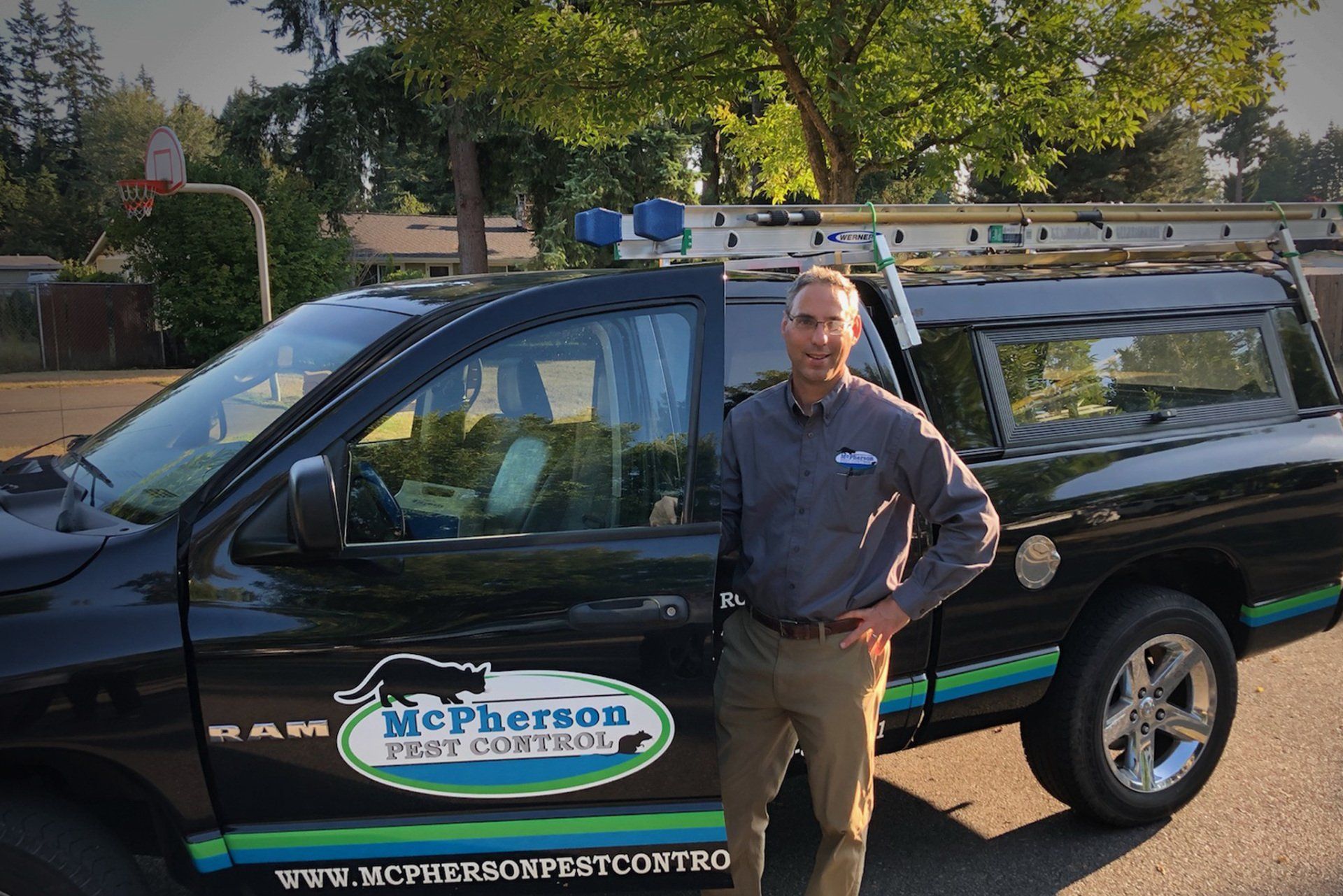
Rodent Control in Bellingham, WA: Navigating the Challenges of a Port City and Rural Living
Living in Bellingham, WA, means you get the best of both worlds—beautiful waterfront views, a rich maritime history, and easy access to the great outdoors. But there’s one thing we all have in common, whether we’re living near the docks or out in the rural outskirts: rodent control is something we all have to think about.
In Bellingham, being a port city brings its own unique set of challenges when it comes to keeping rodents at bay. Add in the popularity of bird feeders, chicken coops, and wildlife feeders, and you’ve got a recipe for a rodent problem if you're not careful. Let’s take a closer look at why these challenges are particular to our neck of the woods and what you can do about it.
The Port City Effect: A Rodent's Paradise
Living in a port city like Bellingham means that we’ve got a steady flow of goods coming in and out of the area—things like cargo ships, freight, and even the occasional fishing boat. While this is great for the economy, it also means there’s a higher likelihood of rodents hitching a ride on those vessels. Dockside warehouses, shipping containers, and even fishing vessels are prime environments for rodents to travel. With food and shelter readily available, these pesky critters can easily find their way into the nooks and crannies of nearby homes and businesses.
Once those rodents make it to land, they’re not just stuck near the port—they’ll move inland, seeking out cozy spots in your attic, crawl spaces, or behind the walls. It’s a continual battle to stay ahead of them, as rodents don’t mind sharing our living spaces if it means they’ve found a warm, dry place with easy access to food.
The Rural Attractions: Bird Feeders, Chicken Coops, and Wildlife Feeders
Now, in addition to the port-related challenges, many of us in Bellingham also enjoy the quiet of rural life. Whether it’s birdwatching, raising chickens, or attracting local wildlife to our yards, feeding stations seem to be a big part of life here. Unfortunately, this also attracts rodents.
Bird feeders are often the biggest culprit. While they bring in flocks of colorful birds, they also provide a tempting feast for mice, rats, and squirrels. Once rodents catch on to the fact that bird seed is an easy meal, they’re quick to move in and stay. And if you’ve got a chicken coop, it can be an even bigger problem. Not only do rodents have access to leftover chicken feed, but they can also find shelter in the warm confines of the coop, causing potential damage to both the structure and the chickens themselves.
Wildlife feeders bring in all sorts of critters, from raccoons to deer, but rodents can also find a place to forage. And if food is left out overnight, it can be an invitation for even larger infestations.
The Dangers of Rodents: Health Risks You Shouldn’t Ignore
Beyond being a nuisance, rodents are also dangerous to your health. They carry diseases that can spread to humans and pets, making it essential to control their presence. Diseases like leptospirosis, salmonella, and hantavirus are some of the most concerning illnesses that can be transmitted through rodent droppings, urine, or contaminated food sources.
Leptospirosis is a bacterial infection that can affect the kidneys and liver, often spreading through contaminated water or soil. Salmonella, which is commonly spread through food or surfaces touched by rodents, can cause serious digestive issues. Then there’s hantavirus, which is a rare but severe virus spread by deer mice. It can cause respiratory problems and even be life-threatening.
Rodents also bring parasites like fleas and ticks, which can further contribute to the spread of diseases and create additional headaches for homeowners.
Inspections and Exclusion Work: The Best Defense
To keep your home or business free from rodents, prevention is key. The best way to get ahead of an infestation is through regular rodent inspections and exclusion work. It’s vital to have professionals assess your property for potential entry points where rodents could sneak in. These might be small cracks around windows, doors, vents, or even along the foundation. If rodents can get inside, they’ll make themselves at home—especially when there’s easy access to food from bird feeders or animal feed.
Exclusion work involves sealing those gaps and making sure your property is as rodent-proof as possible. This could also mean securing chicken coops, properly storing bird seed in sealed containers, and regularly cleaning up any spilled food. If you have wildlife feeders, consider setting them up in areas that are less accessible to rodents, or opt for rodent-resistant feeders.
It’s also a good idea to address any rodent activity immediately if you notice signs of them—whether it’s droppings, gnaw marks, or the smell of urine. The sooner you catch a problem, the easier it will be to prevent an infestation from taking over your home.
A Little Extra Effort Goes a Long Way
Living in Bellingham means balancing the benefits of a bustling port city with the joys of rural living. But it also means taking a few extra steps to keep rodents from sharing our space. By addressing food sources like bird feeders, chicken coops, and wildlife feeders, as well as staying on top of rodent inspections and exclusion work, you can keep your home safe and healthy for both your family and your furry friends.
It might take a little extra effort, but with the right precautions, you’ll be able to enjoy all the perks of Bellingham without worrying about unwelcome guests sneaking in through the cracks. own from a different source.
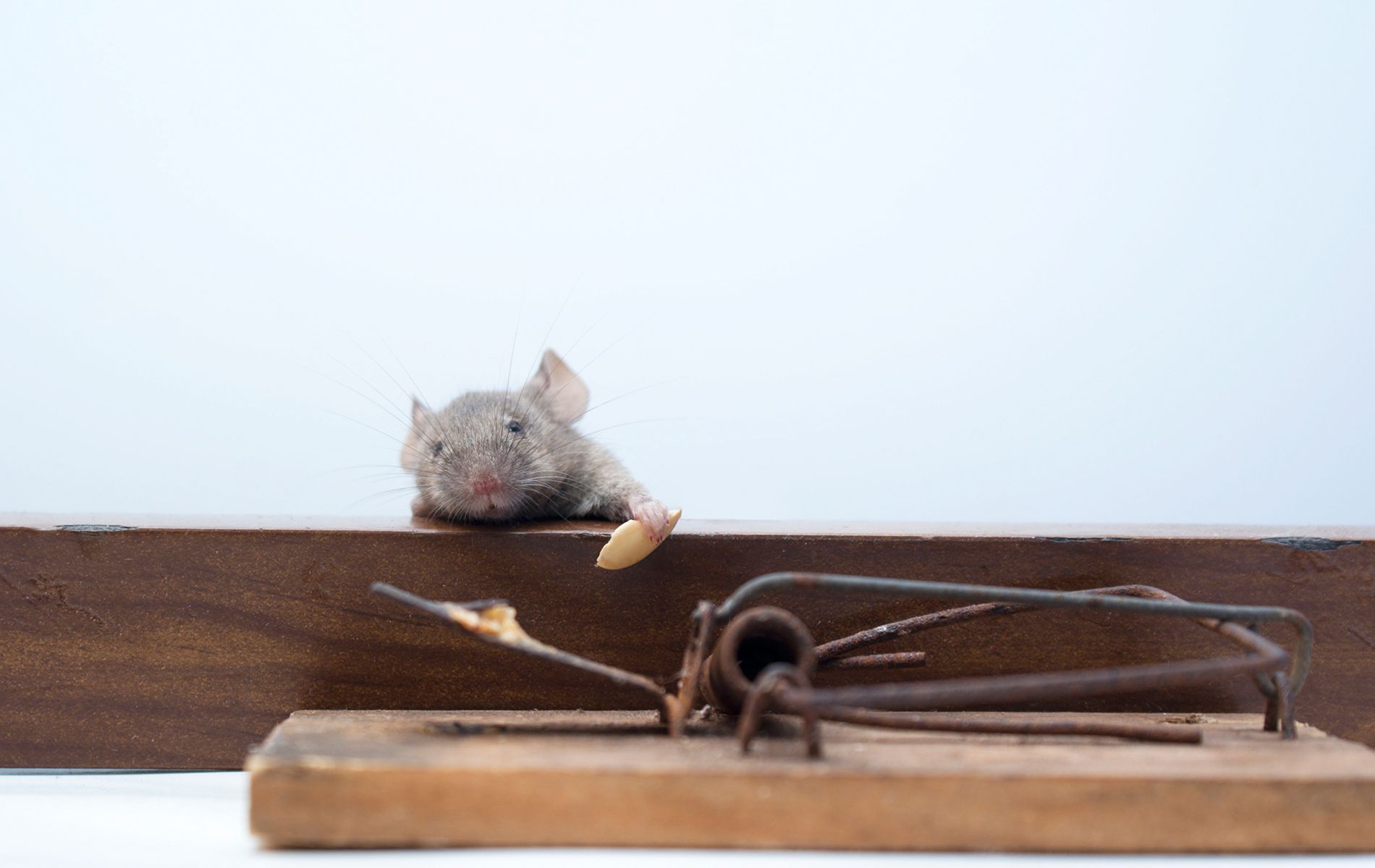
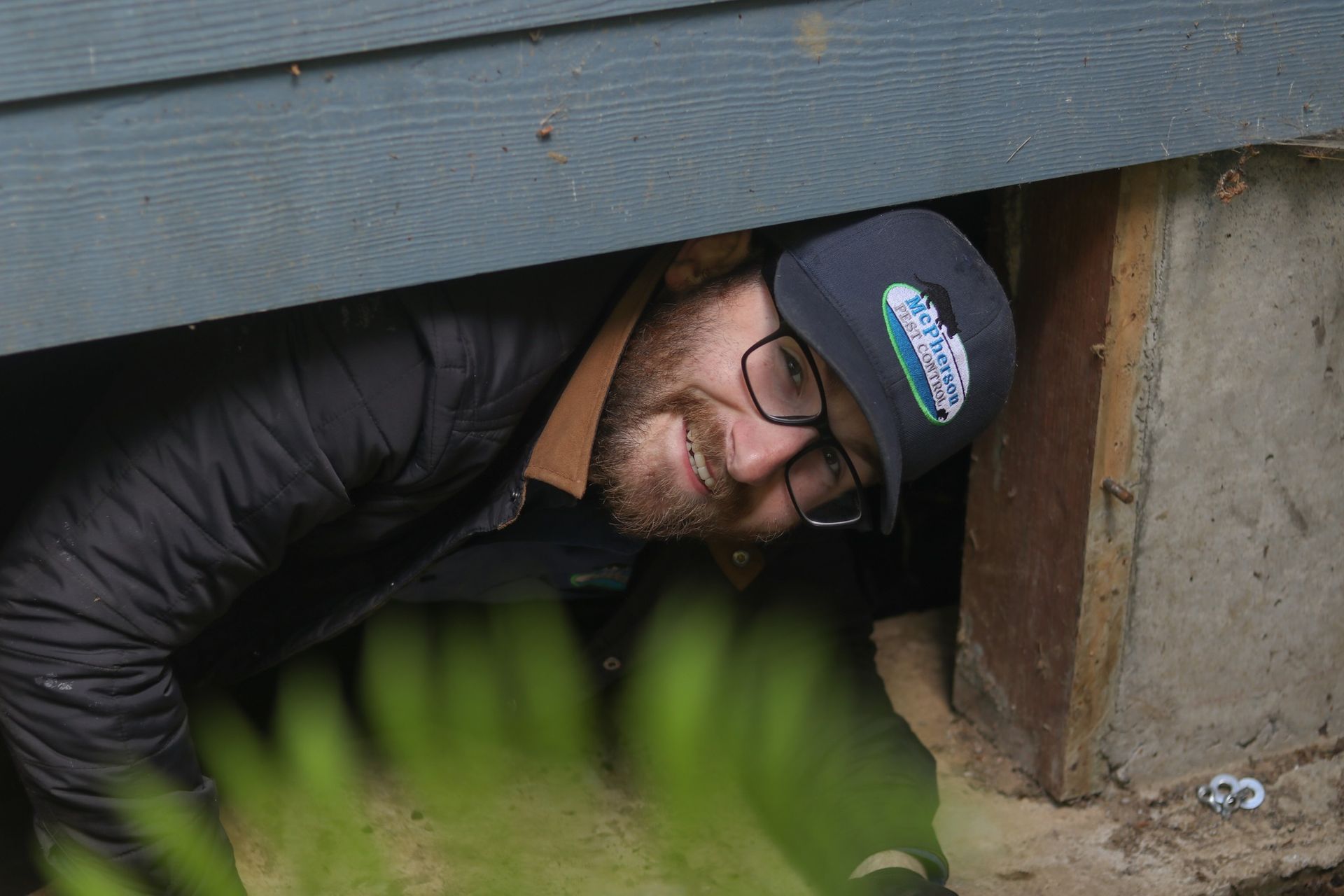
Business Hours
- Mon - Fri
- -
- Saturday
- -
- Sunday
- Closed
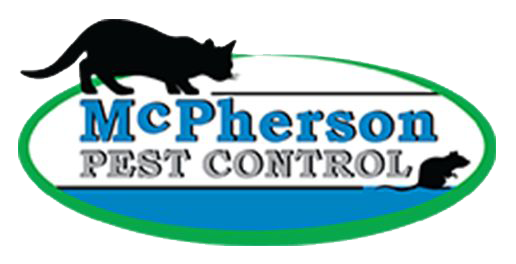
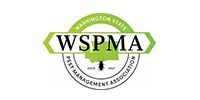
Share On: